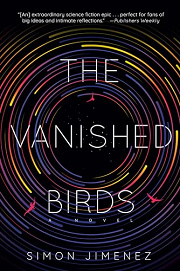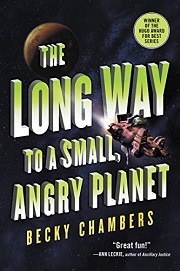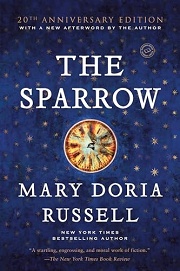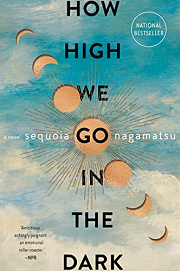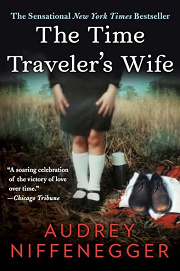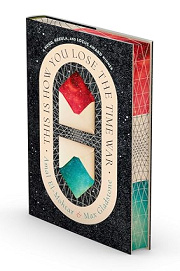Share your thoughts in a quick Shelf Talk!
The Vanished Birds by Simon Jimenez
"A lonely boy falls from the sky, a starship captain runs from his past, and a galaxy’s quiet corners hum with music, memory, and loss. Lyrical and expansive, The Vanished Birds is a spacefaring tale about chosen family and the fragile moments that bind us across light-years."
Have you read this book? Share what you liked (or didn’t), and we’ll use your answers to recommend your next favorite read!
Love The Vanished Birds but not sure what to read next?
These picks are popular with readers who enjoyed this book. Complete a quick Shelf Talk to get recommendations made just for you! Warning: possible spoilers for The Vanished Birds below.
In The Vanished Birds, did you enjoy ...
... the character-driven, culture-focused sci-fi?
The Long Way To A Small, Angry Planet by Becky Chambers
If what pulled you in was Nia Imani gathering a makeshift family around Ahro aboard her ship and the way each port-of-call reveals a new culture, you’ll feel right at home with the motley Wayfarer crew in The Long Way to a Small, Angry Planet. Like Nia’s quiet, tender bond with the boy and the shipboard rhythms between jobs, Chambers gives you found-family warmth, long conversations about identity and belonging, and low-stakes adventures that gradually cut deep. Where The Vanished Birds lingers on Umbai’s reach versus personal loyalties, Chambers lets interpersonal ethics and cross-species customs do the worldbuilding—so you get that same soft, human-centered sci‑fi glow.
... the sweeping timescales and galaxy-spanning stakes?
The Sparrow by Mary Doria Russell
You watched decades spool out as Nia’s time-dilated runs left Kaeda aging on the farming world, while Fumiko Nakajima played a very long corporate game—so the long arc of The Sparrow will resonate. Russell follows a Jesuit-led expedition to the alien world of Rakhat and the devastating aftermath years later, mirroring the way The Vanished Birds moves from wonder to consequence. The same grand scale—interstellar travel, cultural first contact, and the high cost of ambition—unfolds with intimate, character-focused beats that land like Nia and Ahro’s final, heartbreaking separation.
... the shifting perspectives across crews, colonists, and corporate leaders?
How High We Go in the Dark by Sequoia Nagamatsu
If you were hooked by how the narrative flowed from Kaeda’s village to Nia’s crew to Fumiko’s corporate halls—each viewpoint refracting the boy’s impact—this linked mosaic will click. How High We Go in the Dark moves through a constellation of voices across years, each chapter a self-contained lens that deepens the whole, much like how the colonists’ music, Nia’s shipboard life, and Umbai’s plans harmonize (and clash) in The Vanished Birds. It’s that same chorus of perspectives building toward a cumulative emotional resonance.
... the lush, lyrical prose?
The Time Traveler's Wife by Audrey Niffenegger
If Simon Jimenez’s lyrical lines—those musical refrains on the farming world, the tender, dreamy passages of Nia and the boy slipping between stars—kept you lingering on sentences, The Time Traveler’s Wife offers that same prose-driven spell. Niffenegger’s elegant, aching language elevates a time-bent love story where two lives fall in and out of sync, echoing the way time dilation keeps lovers and found family misaligned in The Vanished Birds. It’s lush, intimate, and written to be felt as much as followed.
... the aching found-family emotions and bittersweet ending?
This Is How You Lose The Time War by Amal El Mohtar, Max Gladstone
If the bond between Nia and Ahro—and the inevitability of their parting under Umbai’s shadow—left you gutted, this novella’s emotional voltage will hit the same nerve. Through intimate letters traded across braided timelines, two rival agents turn enemies-to-soulmates, with each message carrying the focused intensity you felt in scenes like Nia teaching the boy to trust or Fumiko’s long, lonely choices. The payoff is as cathartic and bittersweet as that final, devastating culmination in The Vanished Birds.
Unlock your personalized book recommendations! Just take a quick Shelf Talk for The Vanished Birds by Simon Jimenez. It’s only a few questions and takes less than a minute.
